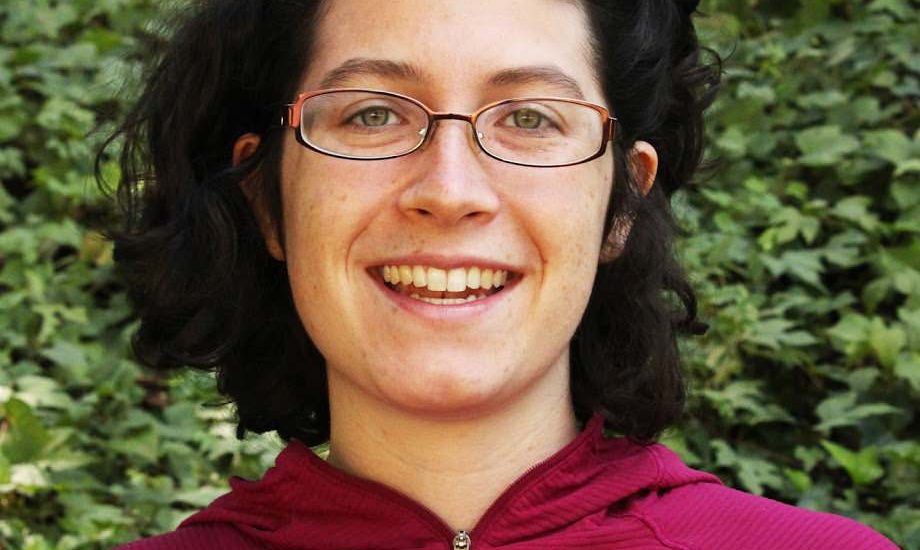Mission Monday: Sharing in Christ’s Fellowship

During their training in D.C., our mission candidates take a morning each week to volunteer in the local community. For this Mission Monday, Annemarie Barrett shares what it’s like to work alongside Christ’s chosen company.
 |
| Photo: www.fathermckennacenter.org |
Every Wednesday morning during formation, I visit the Father McKenna Center, a daytime drop-in center for men who are homeless here in D.C. The staff and guests at the Center have kindly welcomed me to join them once a week, to serve coffee, tea and cereal, to clean tables before lunch, to listen and learn.
From the brief time that I have spent there so far, I am learning about the services that the staff and volunteers share with guests. Most important among them is the commitment to treat each guest with the dignity that they deserve.
Early on, one of the staff members told me that for a time they focused on meeting the needs of guests in terms of food, clothing, shelter and showers. But soon, they realized that in order to better understand their guests and their needs, they needed to know their stories. Now they seek to know the history of their guests in order to put their needs in context and be better equipped to meet them there.
Listening to the staff share with me some general information about their guests, that criminal records are common, as well as a history of substance abuse and mental illness, I was reminded of the life of Jesus that we have been reflecting on in our daily prayer and scripture studies.
Over and over, Jesus chose to draw closer to those most despised by the rest of society. He knew those labeled sinners and stood beside them; he let them draw closer to him as well. He made himself available.
Watching the staff at work at the Father McKenna Center, I see them draw closer as well to the men visiting the Center, the men that in so many other places are rejected.
When a guest shares their criminal history, I have seen the staff reach for understanding rather than judgment. When a guest shares their history of substance abuse, I have seen the staff open dialogue with the guest about how this history has affected their life. And in all of these ways, they are teaching me what it means to listen and learn before choosing to speak and counsel.
And then, when they do speak, I have seen the staff share from experience, create common ground with guests and commit to working together to transform their situation.
To me, they demonstrate what it means to live into that gospel call to draw closer, to seek to understand the stories of those most marginalized.
To me, they demonstrate the profound availability that was exemplified also in the life of Saint Francis. By listening to the stories of their guests and joining them in their struggles, they put into practice ways of communicating that humanize and liberate.
From St. Paul, Minnesota, Annemarie graduated from Loyola University in Chicago in 2012 with a degree in Communications. Possessing a strong interest in social justice issues and some experience with international travel, she is preparing to go to Bolivia on mission for two years.
Tagged in:

